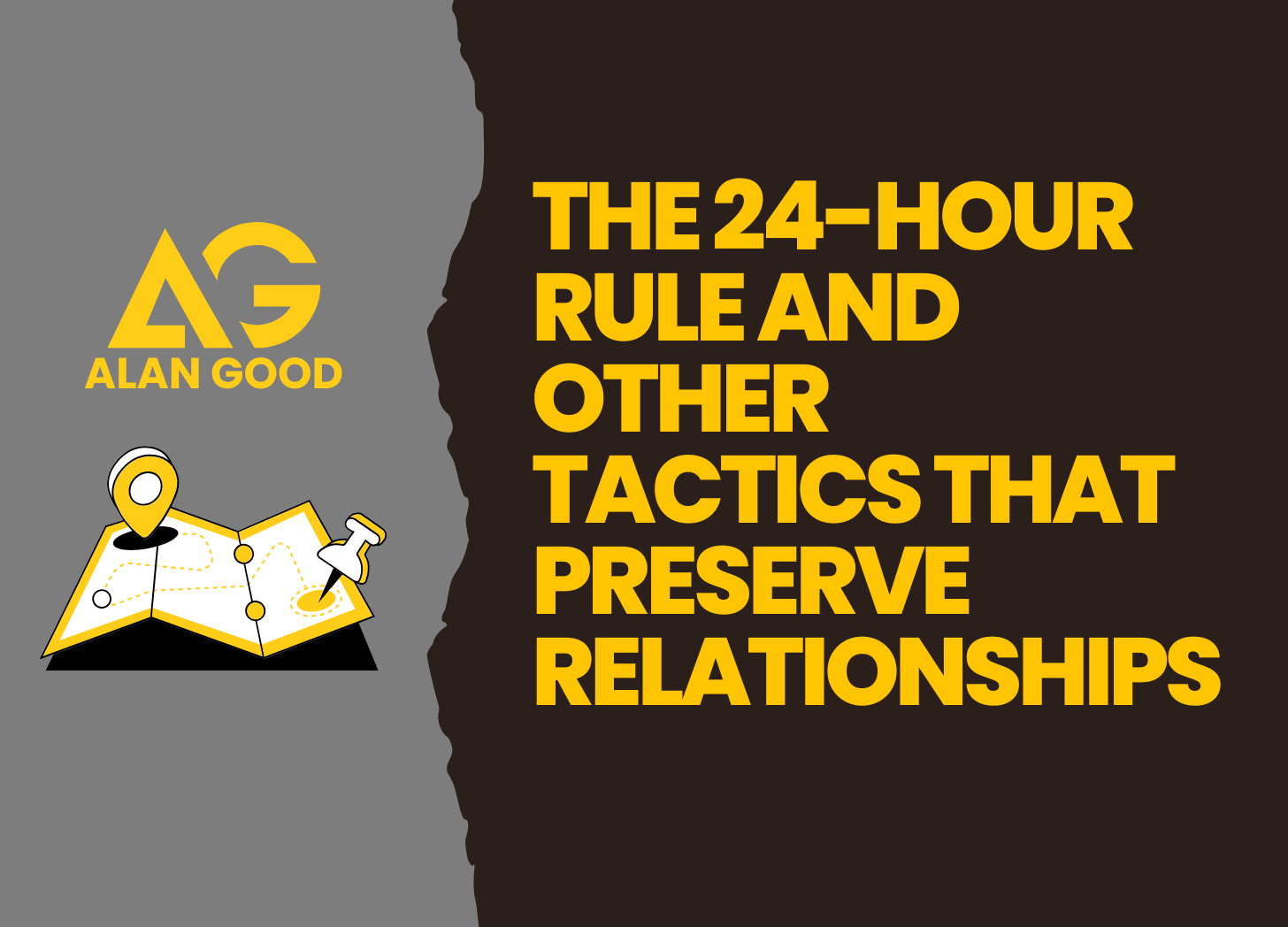The playing time conversation: A tactical guide for coaches, players, and parents
Scripts, questions, and strategies that turn disappointment into development
In Tuesday’s newsletter, I outlined why playing time at showcases creates so much conflict - misaligned expectations, competing pressures, significant financial investment.
Today, I’m giving you the tactical framework for handling it when disappointment happens.
Because it will happen. And your response determines whether it becomes a moment of growth or a relationship-destroying disaster.
We’ll look at how to handle playing time discussions from three perspectives: the coach, the player, and the parent.
For coaches: Delivering the news
Coaches need to plan where and how to communicate lineup decisions.
As a college coach, where lineup decisions happen twice a week, we typically give players a heads up if their role or minutes are changing significantly.
Delivering this in person before the lineup is released can be uncomfortable, but it avoids blindsiding them.
For major tournaments as a club coach, I preferred a different approach: communicate your playing time philosophy to the entire team long before the event starts.
For example: “At this event, lineups will be merit-based. Playing time will be earned by being at practice, and competing hard at practice. Some of you will play more than others. That’s the reality of the competitive environments you’re aspiring to get recruited to play at in college, so we are preparing you for that now.”
Setting expectations up front doesn’t eliminate disappointment, but it does eliminate surprise.
When parents request meetings immediately after tournaments, resist. Nothing you say in that heated moment makes things better, and plenty could make them worse.
If you’re a coach reading this, I recommend scheduling the meeting for 24-48 hours later. This gives emotions time to settle and creates space for a more productive conversation.
I would try to validate the family’s concerns right off the bat. Something like this: “I understand you’re frustrated about [player’s] playing time this weekend. I’m happy to discuss my decisions and the path forward. Can we schedule a time early next week when we can have a thoughtful conversation about it?”
This acknowledges their concern without getting defensive, and creates space for everyone to calm down.
When the meeting came around, I’d have a rationale ready, but lead with questions, such as: “What specifically are you hoping to understand about the playing time decisions?”
This often reveals whether they want genuine insight or just want to vent, so I’d adjust my approach accordingly.
But generally speaking, I’d explain my selection philosophy, give specific, observable reasons, and outline what a player could do (within their control) to earn more opportunities.
What this sounds like:
“I understand you invested significantly in this weekend and [player] didn’t get the playing time you hoped for.
“At this event, I made lineup decisions based on who I thought gave us the best chance to compete and who had earned it in training.
“[Player] has excellent skills, but I need to see more consistency in [specific area] and more intensity in [specific situation].
If she focuses on those areas in the next month of training, I’ll re-evaluate her role at [next event].”
Specific, observable, with a clear path forward.
For players: think first, speak later
The worst thing you can do after a playing time disappointment is immediately confront your coach emotionally.


